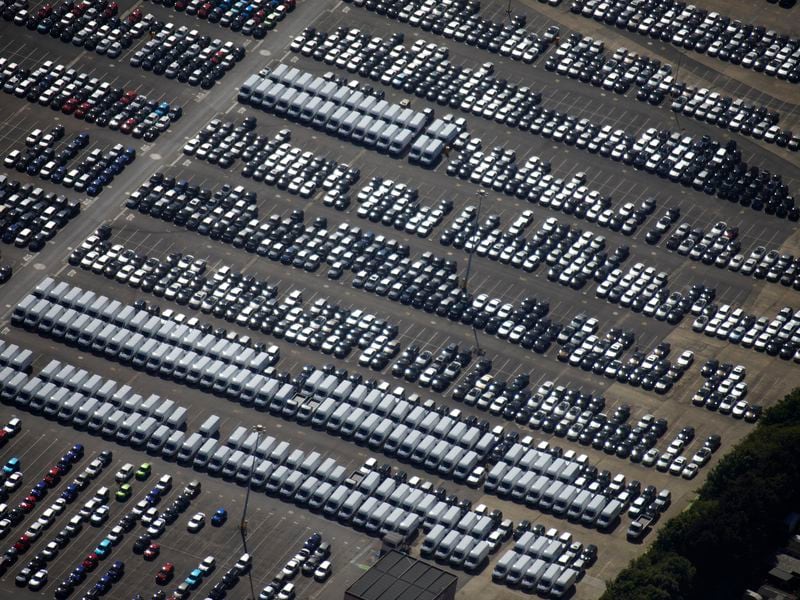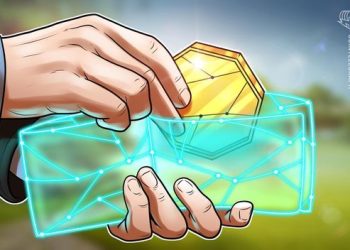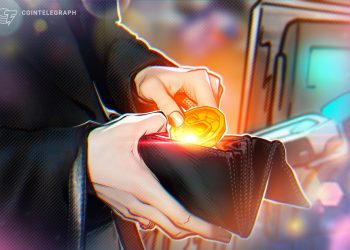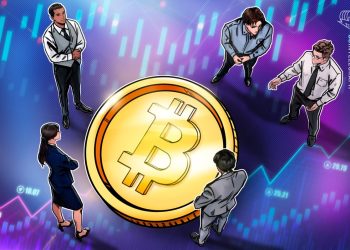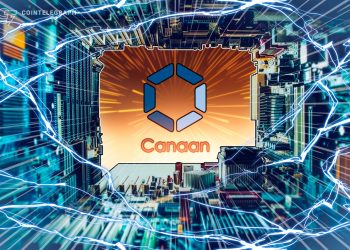The automotive industry is at a crossroads. We’re racing towards a future of electric vehicles and autonomous driving, yet something meaningful seems to be slipping away: the joy of car ownership. The passion and personality that once defined car culture is fading, replaced by a less exciting world where vehicles are mere transportation devices.
This op-ed is part of CoinDesk’s new DePIN Vertical, covering the emerging industry of decentralized physical infrastructure.
But what if the unlikely combination of blockchain technology and the automotive world could reignite that spark?
That’s where decentralized physical infrastructure networks (DePIN) come in. While much of crypto has been overly focused on speculative trading and other exclusively digital products, DePIN networks connect blockchain to the physical world. From Helium‘s decentralized wireless networks to Render‘s distributed GPU platform, innovators are finding ways to build better infrastructure while making the ownership of physical assets more rewarding, more engaging, and frankly, more fun.
So, how does this relate to cars? Enter DIMO, a DePIN network built to improve the car ownership experience with cutting-edge vehicle integration technology. It works by giving vehicles an on-chain identity and putting owners in control of the car and its data to unlock entirely new services, experiences and economic opportunities.
For most people, their car is the second-largest purchase they’ll ever make after their home. Each year, it’ll cost them about $12,000, require painful pilgrimages to the DMV, and maybe even sabotage a trip with a surprise check engine light or flat tire.
We have the opportunity to not just revolutionize industries, but to fundamentally change how people interact with and derive value from the world around them
It’s 2024. Modern technology should have made ownership cheaper, easier and more rewarding by now. Not only should you be saving way more money on expenses and automating all the hassle, you should be earning money by monetizing your vehicle data, something experts say could be worth $800 billion by 2030, and you should have access to a rich ecosystem of apps and services built for you and your vehicle. The siloed approach that automakers have thus far pursued in implementing smart vehicle technology has held this future back. It has been a disaster for security, privacy and openness.
Imagine earning crypto tokens for simply owning a car, while the data you opt-in to sharing contributes to improved traffic management, better urban planning, cheaper insurance and a better eventual trade-in value for your car. Suddenly, your depreciating asset becomes a source of passive income.
But DePIN’s potential goes beyond just financial incentives. It’s about revolutionizing the entire ownership experience. Remember when customizing your car was a point of pride? Your Dad might have spent his weekends tinkering under the hood of his 1987 Firebird. There’s probably a few Polaroids of him posing in front of it hidden inside a shoebox in your basement.
DePIN could bring back that sense of personalization and community, but in a distinctly modern way. Imagine a world where your car has an on-chain digital twin, allowing you to customize its appearance, participate in virtual car shows or even race digital versions of your real-world vehicle. Your car becomes a key to a whole new ecosystem. This gamification of car ownership could extend to the real world, too. Blockchain-based systems could reward safe driving, optimal route-taking or real-world carbon offsets. Suddenly, your daily commute becomes a game, with valuable rewards at stake.
But perhaps one of the most exciting potential use cases for DePIN in the automotive world is the transformation of commerce and registration. In our blockchain-enabled future, receiving the title, financing your car, insuring it, and registering could be done in seconds, whether you’re buying new from a dealer or from a random guy named Bert on Craigslist.
Your car will have its own wallet, able to pay for fuel, tolls or Starbucks. No waiting an hour at the DMV just to be told, “you have the wrong kind of paperwork, come back tomorrow.” No more pulling out quarters or downloading a bad government app just to pay for street parking. It would be impossible to build a system that is open and trusted enough that can coordinate all of these complex transactions, without blockchain and DIMO.
Read more: Scott Foo – Welcome to DePIN Summer
Of course, for DePIN to truly succeed in the automotive space and beyond, it needs to overcome the issue of accessibility. For too long, the crypto world has been a tech club, with high barriers to entry in terms of technical knowledge and financial risk. DePIN projects need to focus on creating user-friendly interfaces that hide the complexity of blockchain technology. The average car owner shouldn’t need to understand smart contracts or private keys to benefit from these systems.
This isn’t a pipe dream. The groundwork is being laid at DIMO today, where nearly 100,000 cars are connected and the infrastructure that will make scenarios like this a reality is coming together.
For those of us passionate about both technology and the physical world, it’s an exciting road ahead. We have the opportunity to not just revolutionize industries, but to fundamentally change how people interact with and derive value from the world around them.
The principles that DePIN is applying to vehicles can be extended to virtually any physical asset. Your home could earn tokens by contributing to a decentralized energy grid. Your smartphone could be rewarded for participating in a distributed computing network. The key is to create systems that offer immediate, tangible benefits to users while building towards a more decentralized, user-centric future. It’s about using blockchain technology not as an end in itself, but as a tool to enhance our interaction with the physical world.
So, the next time you get behind the wheel, imagine a future where your car isn’t just about getting from A to B, but a seamless extension of your daily life and your personality in the real world and online. That’s the future we’re building. And who knows? It might just make owning a car cool again.
Note: The views expressed in this column are those of the author and do not necessarily reflect those of CoinDesk, Inc. or its owners and affiliates.
